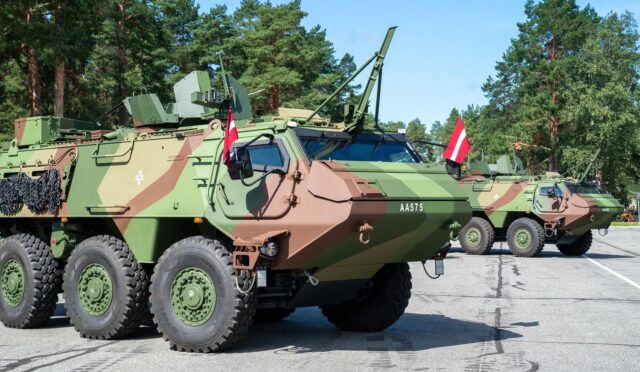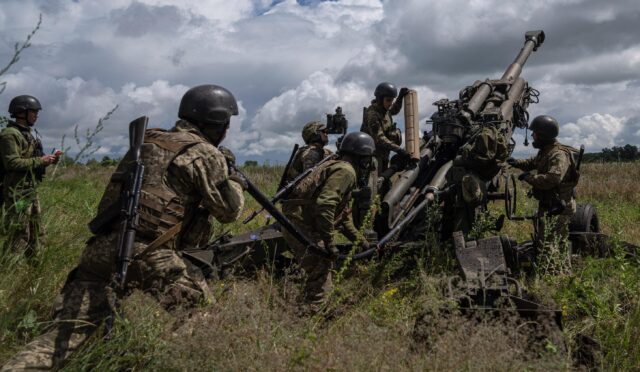Ukraine Accuses Russia of Rejecting Ceasefire Proposal
Ukraine has leveled accusations against Russia, claiming that Moscow has effectively dismissed a ceasefire proposal supported by the United States. This assertion comes on the heels of a barrage of strikes across Ukraine, occurring mere hours after Russia had purportedly agreed to temporarily pause its assaults on energy facilities. Washington has been pushing for a 30-day ceasefire, aiming to take the first steps toward concluding the protracted three-year conflict.
In a 90-minute conversation with US President Donald Trump, Russian President Vladimir Putin expressed that any substantial agreement would be dependent on the West ceasing all military aid and intelligence operations in support of Ukraine. Although the highly anticipated dialogue did not yield the comprehensive ceasefire desired by Ukraine, it did produce a limited commitment from Russia to abstain from attacks on energy infrastructure for a month.
Limited Ceasefire Agreement and Actions
Following Putin’s directive, the Kremlin has stated that he has ordered the military to halt strikes on Ukraine’s power grid for a duration of 30 days. As part of this agreement, both nations are set to exchange 175 prisoners on Wednesday, which Moscow has framed as a gesture of goodwill. Further discussions are anticipated in the Middle East.
However, the Kremlin has insisted that a broader truce should be contingent upon the complete cessation of Western military and intelligence assistance to Ukraine. Additionally, a Kremlin spokesperson emphasized that Kyiv must refrain from rearming or any form of mobilization throughout the ceasefire period.
Strikes Resume Amid Ceasefire Talks
Despite the ceasefire proposal, violence erupted just hours after the Trump-Putin conversation, with explosions reported across Ukraine and air raid sirens sounding. President Volodymyr Zelensky noted that civilian infrastructure, including a hospital in Sumy, suffered hits during the attacks. “Today, Putin effectively rejected the proposal for a full ceasefire,” Zelensky declared.
Ukrainian officials later confirmed that Russia had launched missile and drone strikes overnight, with the attacks resulting in at least one fatality and damage to two hospitals. German Defense Minister Boris Pistorius criticized the strikes, characterizing them as a sign of Putin playing a cynical game, stating that assaults on civilian targets had not diminished following the supposed diplomatic breakthrough.
International Reactions and Skepticism
EU foreign policy chief Kaja Kallas expressed her view on the situation, asserting that Russia demonstrates no interest in making significant concessions. She highlighted that Moscow’s insistence on halting military support for Kyiv cannot be accommodated.
On the Russian side, emergency personnel reported that a fire erupted at an oil depot in Kavkazskaya, allegedly caused by debris from a thwarted Ukrainian drone attack. In Kyiv, public sentiment reflected widespread disbelief of Russia’s intentions to cease hostilities. Resident Lev Sholoudko, 32, voiced frustration, stating, “I don’t believe Putin at all; he only understands force.”
Trump’s Perspective on Ceasefire Negotiations
Despite the grim prognosis for a ceasefire, Trump described his conversation with Putin as both “good and productive” on his social media platform. He reiterated an agreement for an immediate ceasefire on energy and infrastructure, indicating commitment to a broader resolution that would end the ongoing conflict.
However, the Kremlin’s statements distinguished between the concept of “energy infrastructure” and Trump’s broader definition, hinting at potential misunderstandings regarding the scope of the ceasefire talks. US envoy Steve Witkoff later confirmed that discussions around a ceasefire would continue, signaling ongoing complexities that require resolution.
Challenges in Ceasefire Enforcement
In an interview with Fox News, Trump recognized the difficulty of compelling Putin to adhere to a full ceasefire, given Russia’s strategic advantages. Since the annexation of Crimea in 2014 and the full-scale invasion in February 2022, Russian forces control about 20% of Ukrainian territory, suggesting that Ukraine may need to yield land in future discussions.
Western allies have expressed concern over Trump’s attempts to reshape long-standing US policies that have traditionally supported Ukraine, particularly his previous remarks during a televised encounter with Zelensky.
Coalition Efforts and Military Support
Meanwhile, the UK and France are actively working to form a coalition of nations willing to back a ceasefire in Ukraine. Both German Chancellor Olaf Scholz and French President Emmanuel Macron asserted their commitment to providing military support to Ukraine, declaring, “Ukraine can count on us.”
Despite these reassurances, soldiers on the front lines remain wary of the prospects for peace. Oleksandr, a 35-year-old soldier who has returned to military training following injury, articulated skepticism about trusting an enemy that continues to attack and harm civilians.






